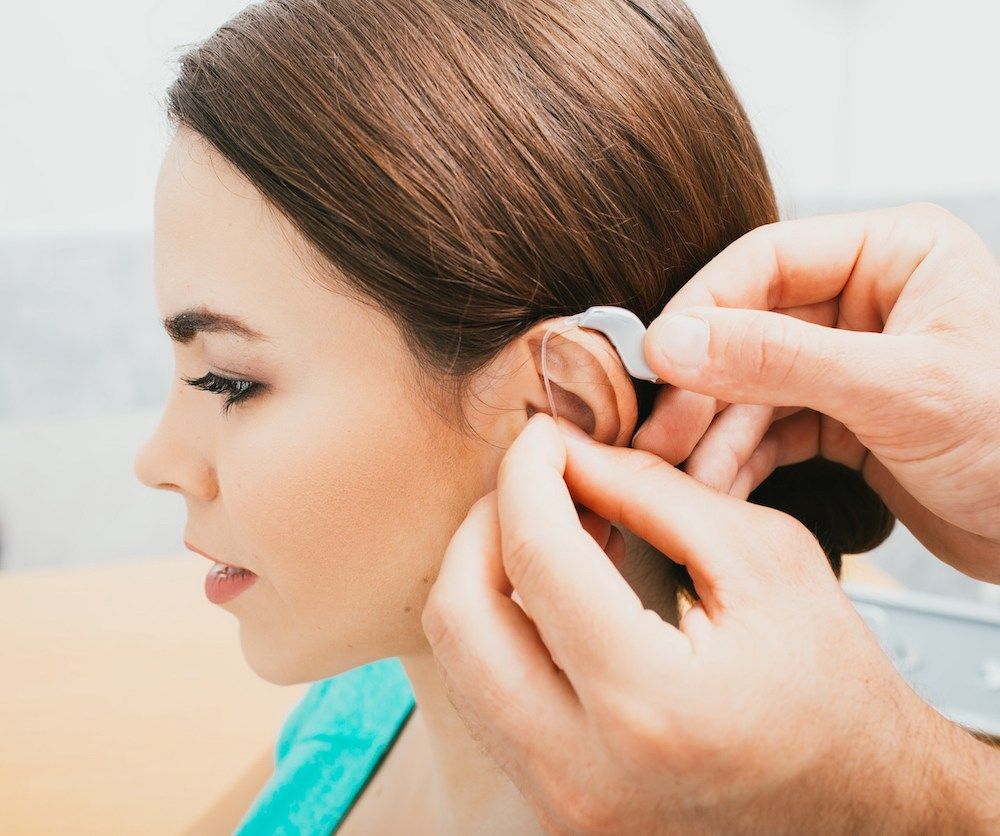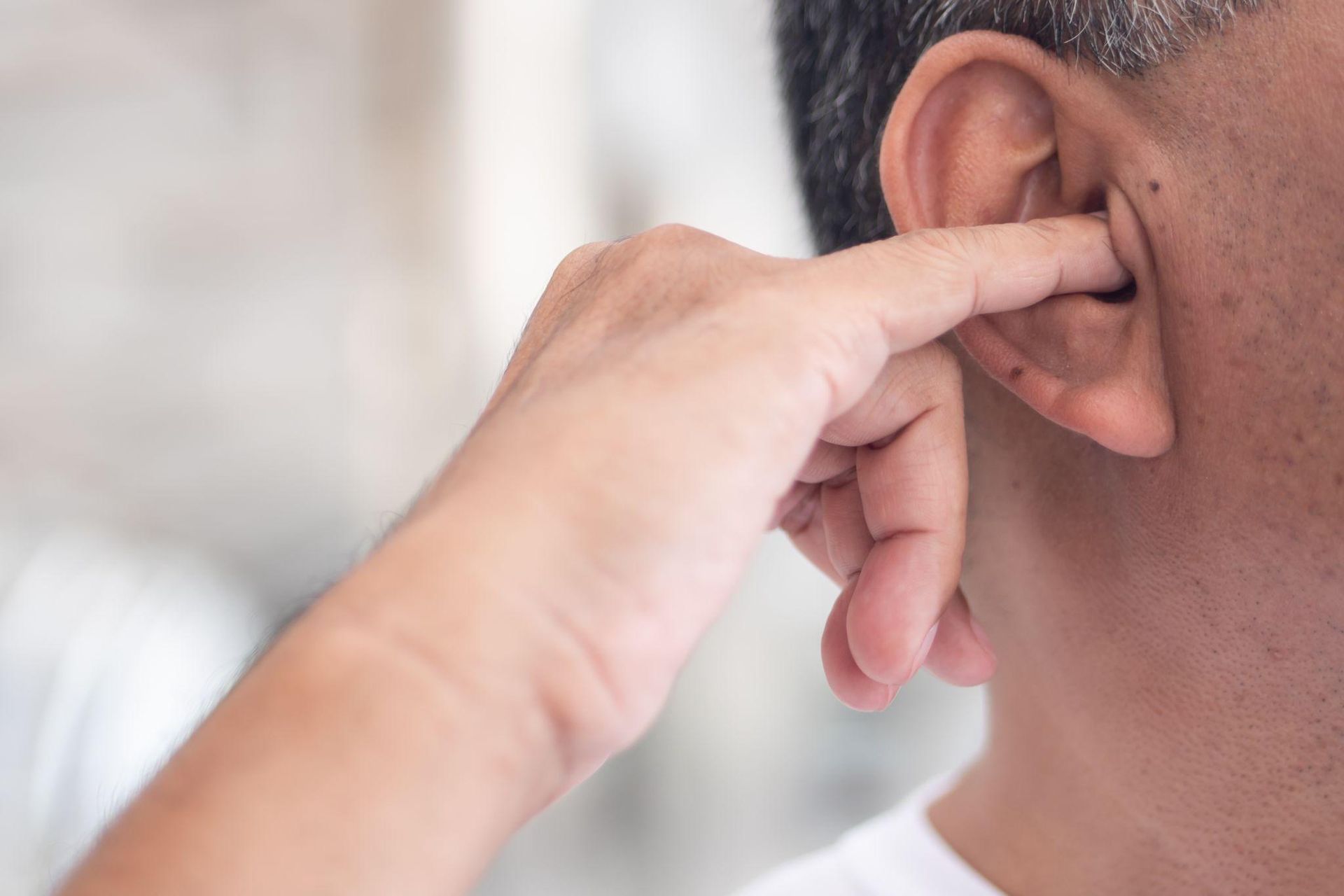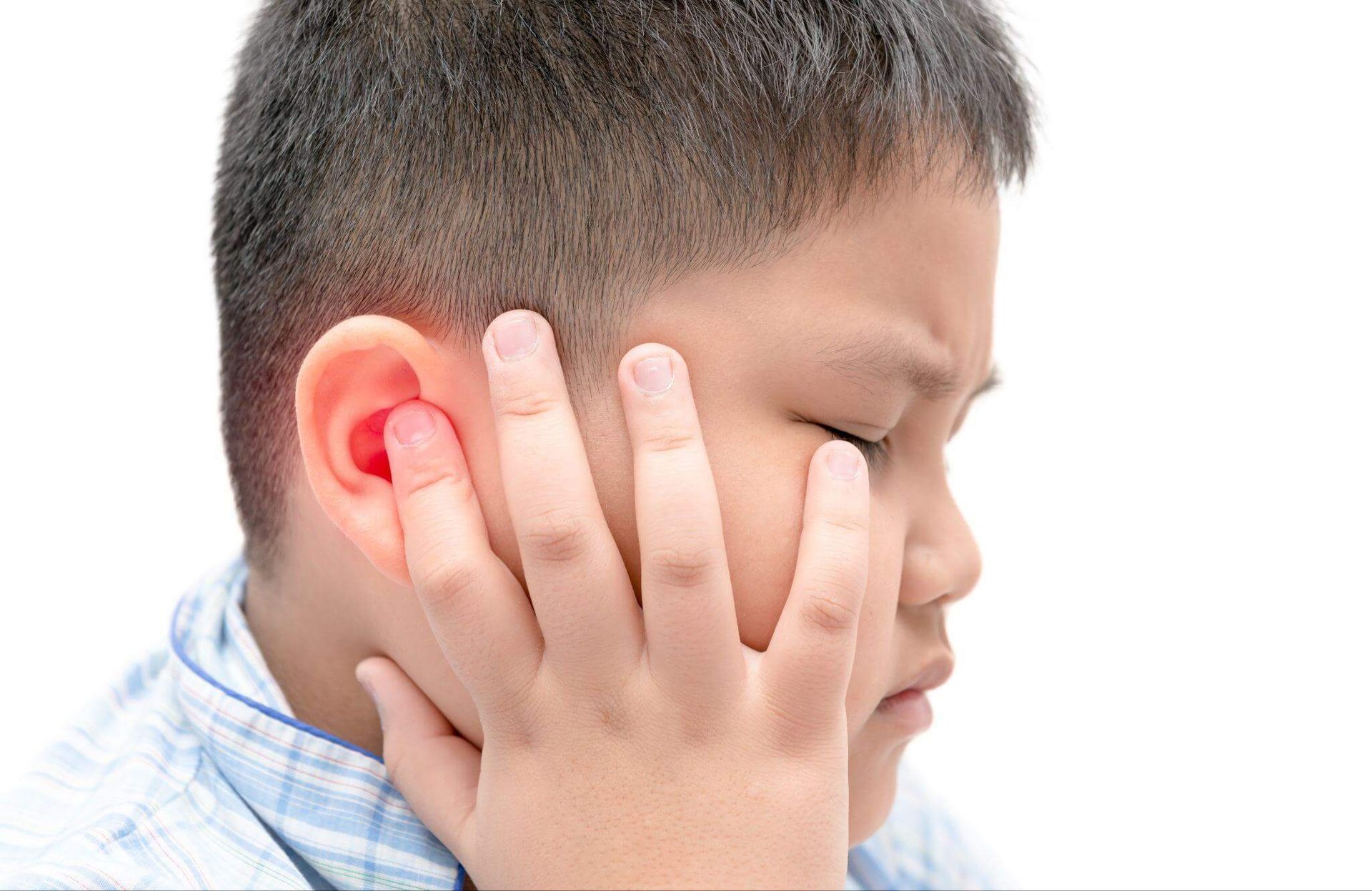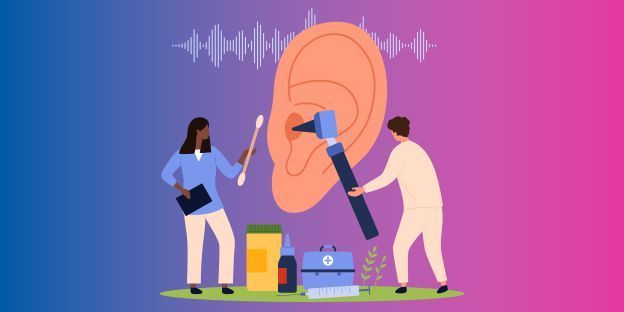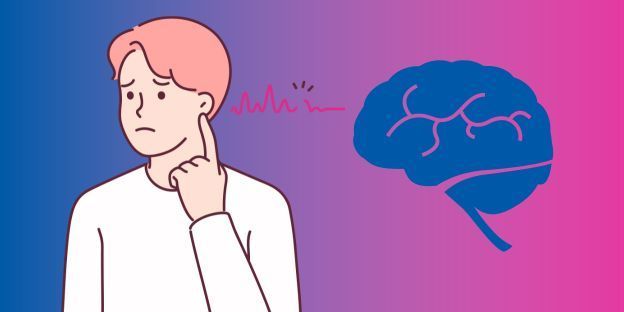Determining the causes of hearing loss
A hearing baseline is a clue in determining the potential causes of hearing loss

Our approach to hearing care at Discover Hearing is centred around providing you answers, even if your questions are difficult to answer.
Three common questions we hear are:
Do I have hearing loss?- What are the causes of my hearing loss?
- What should I do about it?
Do I have hearing loss?
The first question is best answered with a hearing test. Hearing loss is relatively normal among adults in Canada (an estimated 8.2 million adults – more than half of the adult population – suffer from hearing loss). We rely on the results from a hearing test to answer this question.
What are the causes?
The causes of hearing loss can be more difficult to determine. Various factors, from your overall health to lifestyle, can contribute to hearing challenges. For many people, their hearing declined slowly over time, so they don’t even realize they have lost any hearing. 77% of Canadian adults with hearing loss don’t realize they lost any hearing.
This unperceived hearing loss can go unnoticed and untreated for years, allowing the condition to diminish further.
What should I do about it?
The answer depends on the first two questions: how severe your hearing loss is and what caused it.
Even though hearing loss is very common, treatment for it is not universal. Each person experiences hearing loss in a unique way, and every case comes with different symptoms and causes.
You can determine if you have hearing loss by
booking a hearing test. Understanding the factors contributing to your hearing loss is more difficult, but it is critical to know when deciding the next steps.
Common hearing loss factors
Hearing loss is often caused by a culmination of various factors. At Discover Hearing, we will discuss your health and lifestyle to determine the factors that are likely to contribute.
Health history
Though most commonly associated with aging, hearing loss may also result from other aspects of your overall health.
Medical conditions
Your personal health history provides great insight into your present and future hearing health. This includes family history (individuals who have close relatives with hearing loss are at greater risk for developing their own hearing issues) as well as physical and mental health.
Conditions such as sleep apnea, diabetes and mumps can contribute to hearing loss. Although scientists are not certain how these diseases increase the risk, individuals with diabetes or sleep apnea are more than twice as likely to develop hearing loss.
Medications
Some medications – such as non-steroidal anti-inflammatory drugs, cancer medications and antibiotics – have been linked to the onset of tinnitus.
Mental health
Changes in mental health can be a symptom of hearing loss as well as a potential cause.
Just like how your physical health contributes to the well-being of your hearing system, your mental health also has a role. Disorders such as depression and anxiety can prevent individuals from maintaining a healthy lifestyle and taking care to consider their hearing health.
Noise history
A single occurrence of an extreme noise can damage hearing, but so can exposure to noise at lower levels over a longer period of time. Though most employers take precautions to protect the hearing of their employees, workers who operate equipment such as heavy machinery, woodworking saws and leaf blowers are at risk for developing hearing loss.
Attending loud concerts without hearing protection or listening to loud music at home – especially when this is a regular occurrence – is also a common cause of damage to the inner ears.
Other everyday activities, such as wearing headphones or earbuds or mowing the lawn, can also be damaging to hearing.
Lifestyle and work
Your lifestyle and career choices contribute to all of the above risk factors. If you operate a lawnmower every day at work, you are more likely to develop hearing loss than someone who mows their own lawn once a month.
A poor diet and inactive lifestyle may be a contributing factor to hearing loss. Scientists have discovered a correlation between iron deficiency and hearing loss, and a diet that is high in sugar and carbohydrates can lead to can health conditions (like diabetes) that increase the risk of hearing loss.
Vaping and excessive alcohol consumption have also been found to increase the likelihood of hearing loss.
Conversely, cardio may mitigate the risk of hearing loss. Studies have shown that people who maintain an active lifestyle, with regular cardiovascular exercise, have better overall hearing than their peers.
The more of these risk factors you have, the more likely you will experience hearing loss.
Why it matters knowing the causes
With so many potential causes of hearing loss, it can be difficult (and sometimes impossible) to determine the reason for your hearing loss. But it is often possible to narrow it down to a few specific factors.
This is crucial in determining the best course of treatment to meet your needs. Deciding on a treatment or technology depends on the type and degree of hearing loss. Modern hearing technology can be adapted to match your lifestyle and the factors that contribute to hearing challenges.
Your hearing loss detectives
Discover Hearing uses the in-depth information gathered from comprehensive testing and our discussions with you to better understand your potential factors of hearing loss.
The Discover Hearing team will work one-on-one with you to understand:
How is hearing loss impacting your life?- What might be contributing to your hearing loss?
- What are the best ways to treat or manage your hearing loss?
- What should we watch for in the future?
The more we know about your daily life and your history, the better we can understand the problem. And the more tools we have available to find the best solution.
Get a baseline hearing test
One of the best clues to figuring out the causes of hearing loss is comparing your current and previous hearing. You can proactively get a hearing test done to figure out your baseline. Then in the future, this test will give you some numbers to compare.
Even with perfect hearing, a baseline is critical for your future hearing health. Any changes can be better discovered and evaluated once we know the current state of your hearing.

